I am trying to understand how to implement this in Event sourcing model / DDD.
Assume a distributed application in which user submits an application for something, say Job/Loan. So the application raises an UserApplied Event.
There are few micro services like credit service, criminal record service.. they consume this UserApplied event do some validation, responds with CriminalCheckPassed, CreditCheckPassed ... etc. Assume there are 5 checks to be done. In future we might also add more checks like this.
The app consume these events and take some decision. That is - only if they are all validated successfully app can approve the user application by changing the status to UserApproved. Any of the validations failed, them it would be UserDeclined. Something like that.
It sounds simple. But I am banging my head how to implement that correctly?
This is my event store
I have a materialized view
If we have to update the materialized view/aggregate whenever we receive an event, app needs 5 different events to take decision. Till then it will be pending. Even when I receive the 5th event, the materialized view does not know how many events it has received before. I will end up querying entire event-store.
Another approach is - adding these columns in the materialized view. So that we know if we have received all these events. It will work. But looks super ugly.
My question is - how to use the aggregation properly in this case?


